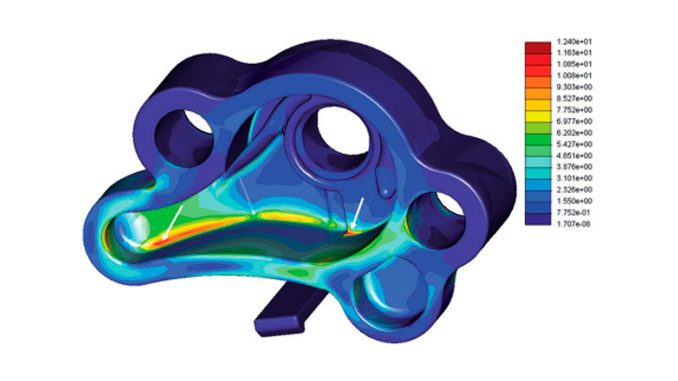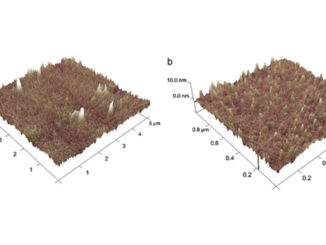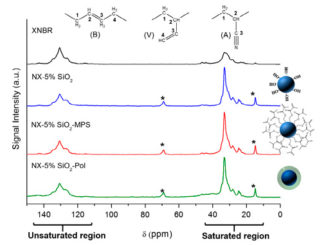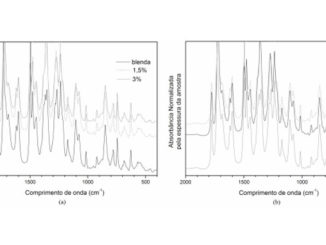
Writers: Mancini, SD; Neto, ADS; Cioffi, MOH; Bianchi, EC
Keywords: Materials replacement; polymer composite; polyphthalamide; glass-fiber; oil pump; behavior; substitution; blends
Abstract: A feasibility study was conducted to determine the use of polyphthalamide/glass-fiber and polyphthalamide/glass-fiber/polytetrafluoroethylene-based composites as substitutes for aluminum and steel, respectively, in the production of motorcycle oil pump parts (housing, shaft/inner gerotor and outer gerotor). New and used (80,000km) oil pumps were subjected to performance tests, whose results indicated that the pressure and temperature of the used pump reached a maximum of 1.8 bar and 93?, respectively. Thermogravimetric analysis indicated that the materials are stable at the maximum operating temperature, which is 20? lower than the minimum glass transition temperature obtained by dynamic mechanical analysis for both materials at the analyzed frequencies (defined after calculations based on rotations in neutral, medium and high gear). The pressure value was multiplied by a safety factor of at least 1.6 (i.e., 3bar), which was used as input for a finite element analysis of the parts, as well as the elasticity modulus at glass transition temperatures obtained by dynamic mechanical analysis. The finite element analysis indicated that the von Mises stresses to which the composite parts were subjected are 7 to 50 times lower than those the materials can withstand. The results suggest that it is feasible to manufacture motorcycle oil pump parts with these composites.
SEE PDF: Replacement of metallic parts for polymer composite materials in motorcycle oil pumps
DOI: 10.1177/0731684416673727




